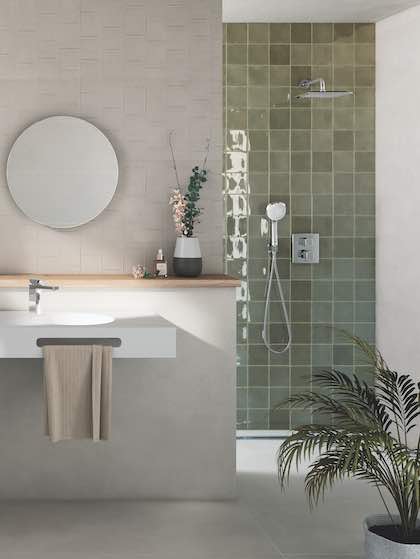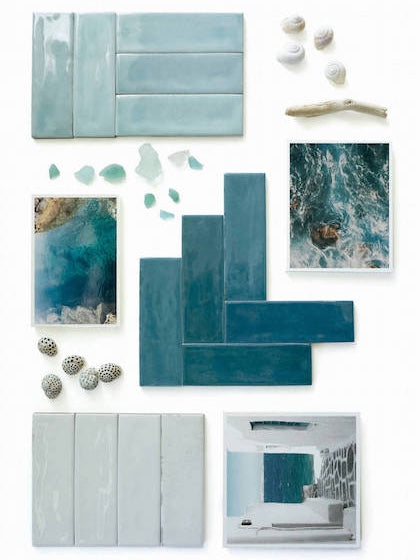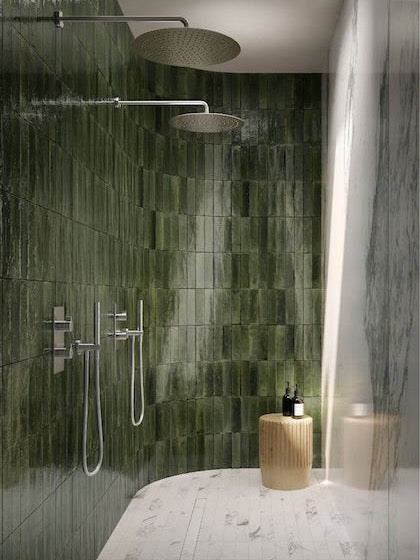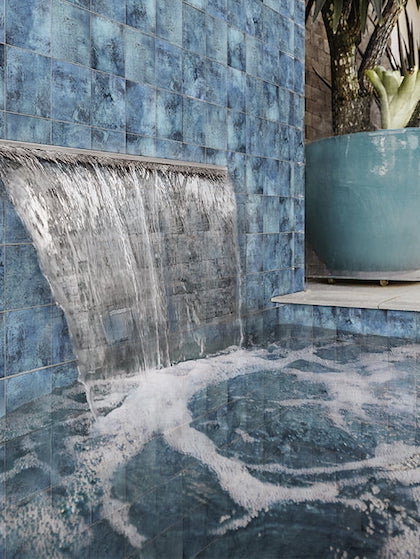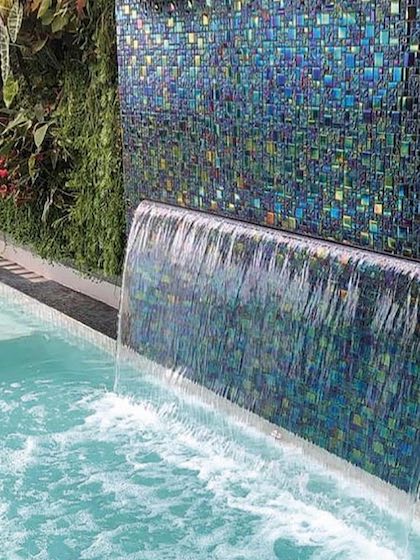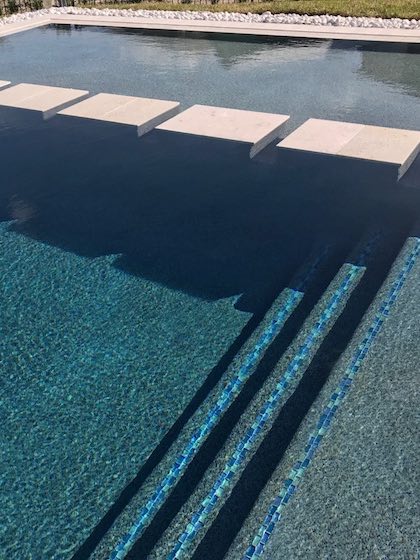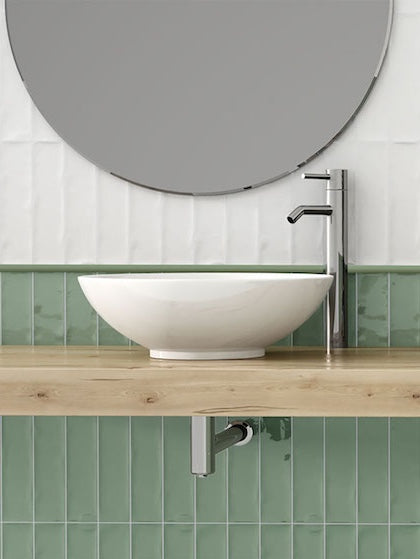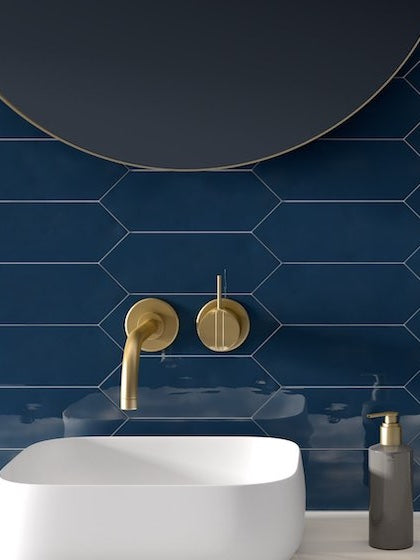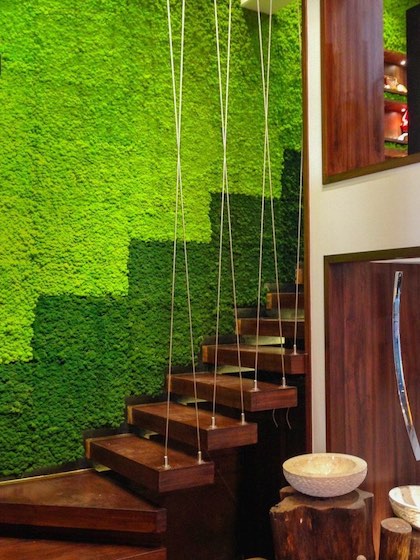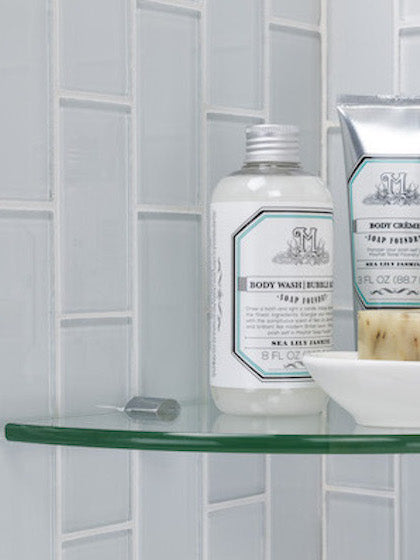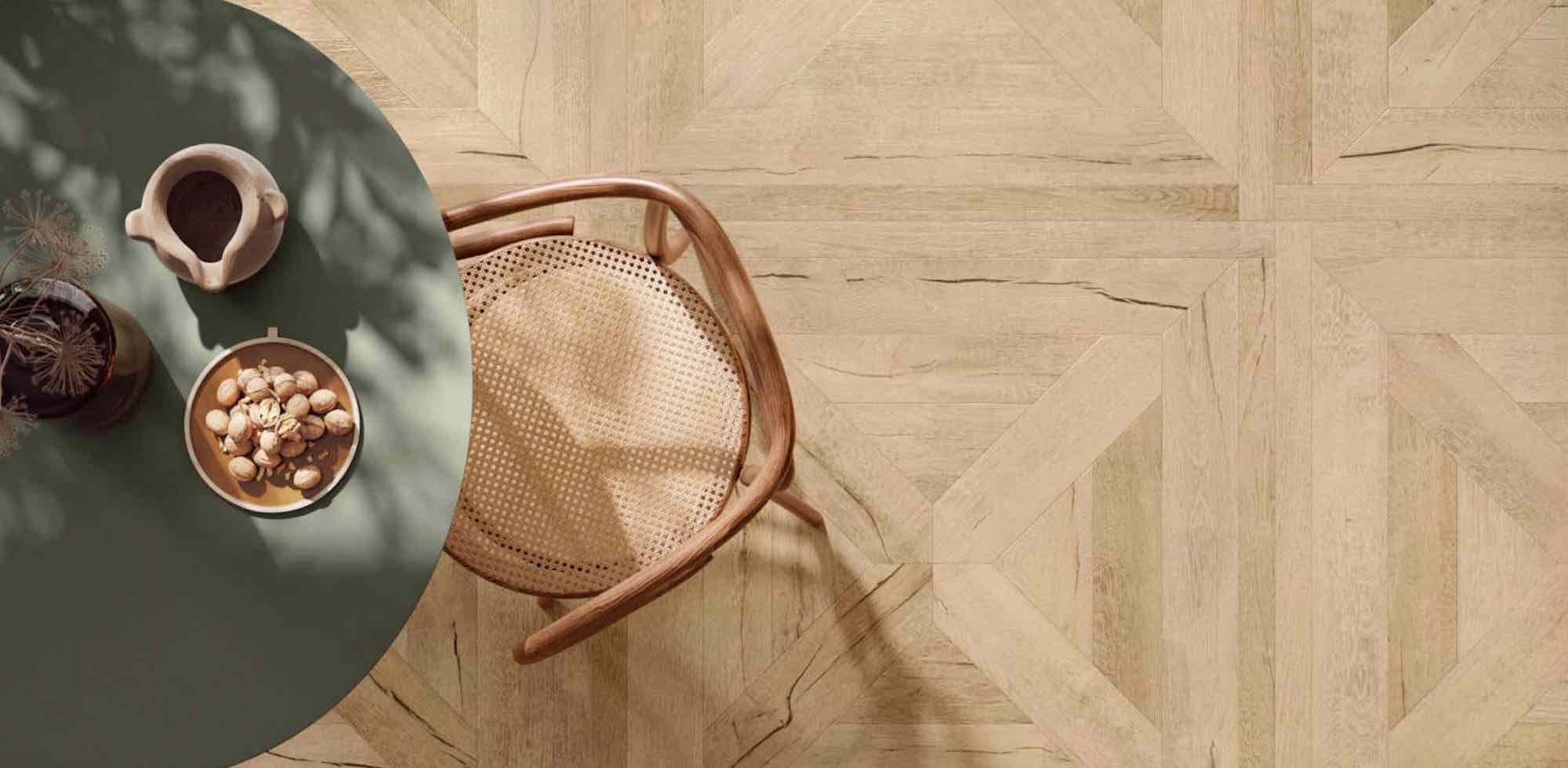Cement-based tiles are undoubtedly a durable and strong tile option to have at home. So, whether it is the bathrooms, kitchens, or in general, the living room and bedrooms - these cement tiles make a great statement. They have considerably better wear and tear qualities, thus, offering an upper hand over hardwood floors and ceramic tiles.
Homeowners and designers have adored the appearance and feel of these cement tiles for centuries now. However, due to certain structural considerations, these tiles can be quite a challenge. So, to deeply analyze, let’s have a look at the pros and cons associated with cement tiles.
Must Read: 8 Types of Kitchen Backsplash Tiles
Pros
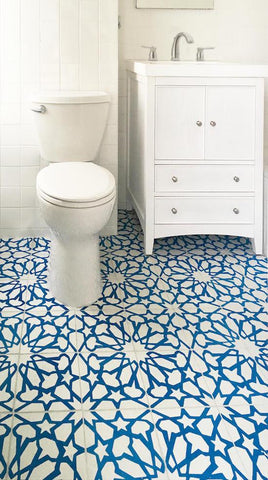
Durability
Cement tiles are quite an investment! They are extremely strong and durable - and even more hardy than hardwood floors and ceramic tiles. Although they have a very long life, you can still extend their longevity properties by coating these tiles with a penetrating sealant to prevent staining.
Must Read: Glass Tile Vs Ceramic Tile: Pros and Cons
Versatility
The cement tiles appear absolutely timeless and versatile - hence, will never go out of style. They tend to play a subtle and soothing role in all the functions of your home - whether kitchens, outdoors, home offices, or bedrooms. In addition, they’re easier to match the style of any and every home.
Easy Maintenance
Cement tiles are quite easy to clean and maintain. Dry mopping or cleaning the floor with mild soap will easily clean the collected dust or dirt. For the kitchen backsplash and bathroom accent tiles, you can use decorative concrete tiles (matte or glossy) that don’t require maintenance at all.
Must Read: Why Floor Tiles Crack & How To Avoid It
Environment Friendly
Concrete tiles are composed of natural materials and natural pigments to create intriguing patterns that won’t fade over a period of years. Moreover, the process required to bake these hard tiles is equally energy-efficient and sustainable. No wonder, old and authentic cement tiles still exist around the world.
Cons
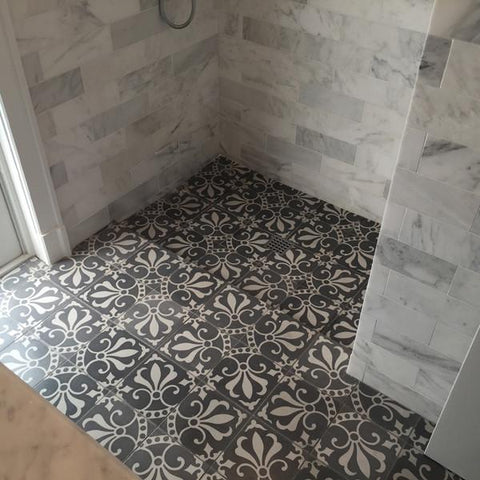
Porosity
Concrete tiles need sealing every 2 to 3 years. If not taken care of, they tend to absorb liquids - especially in the case of kitchens and bathrooms. So, you need to make extra effort and clean the tiles as soon as the food spills occur.
Must Read: Cleaning Tips: How to Clean Your Tile Flooring?
Cold and Uncomfortable
Concrete tile floors can feel quite cold and uncomfortable if you plan to walk barefoot. Even though you can install radiant heating, there is still a chance for the home to feel cool and dingy. And in case you have kids at home, you might need extra layers of shag rugs to make your home feel warm and cozy.
Thickness
Cement tiles are generally thicker than other generic tiles, such as porcelain floor tiles - with a size of about ⅝ inches. So, ensure to consider the scale and size of your room with respect to the width and depth of the tile.
Not For Outdoors
Concrete tiles are quite likely to crack and cause distress in the case of extreme weather conditions. Hence, not a recommendation for porches and balconies. So, keep in mind to use these tiles indoors whereas stone tiles for the outdoors.
However, in some cases, you can also choose cement-looking porcelain tiles that have a porcelain base, such as patterned porcelain tiles for floors and walls. Have a look at these notable samples from the collection that exhibit a perfect contemporary and rustic appeal.

